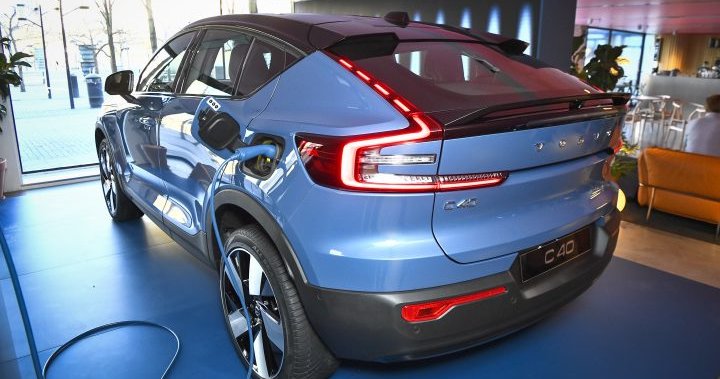
Switching gears: EVs important tool in tackling climate crisis – but is it feasible?
Global News
Canada needs a raft of measures to accelerate the transition to greener modes of transportation in order to meet its zero-emission targets, experts say, as countries meet at COP26.
The future is electric.
It’s a popular slogan used by leading automakers as the industry shifts gears and transitions towards eco-friendly, sustainable means of transportation.
The switch to electric vehicles (EVs) is among the tools at the disposal of policymakers as countries grapple with ways to tackle the global climate crisis at the ongoing COP26 summit in Glasgow.
There is growing consensus among industry and climate experts that EVs can play a vital role in helping countries, like Canada, meet their net-zero emission targets, but it will be a long ride with roadblocks ahead.
“There is no credible climate action plan that doesn’t include a significant push towards electric transportation,” said Jeff Turner, senior research lead at Dunsky Energy and Climate Advisors.
“I think it is crucial that we electrify the transport sector to meet our climate change goals, but … only electrifying the transport sector will not be enough,” said Alexandre Milovanoff, a researcher in sustainable transportation at the University of Toronto.
A multi-pronged approach is needed that will involve developing the public transit infrastructure as well as making driving private vehicles less convenient and more expensive, he said.
In Canada, the transportation sector is the second-largest source of emissions, nearly tied with oil and gas.













